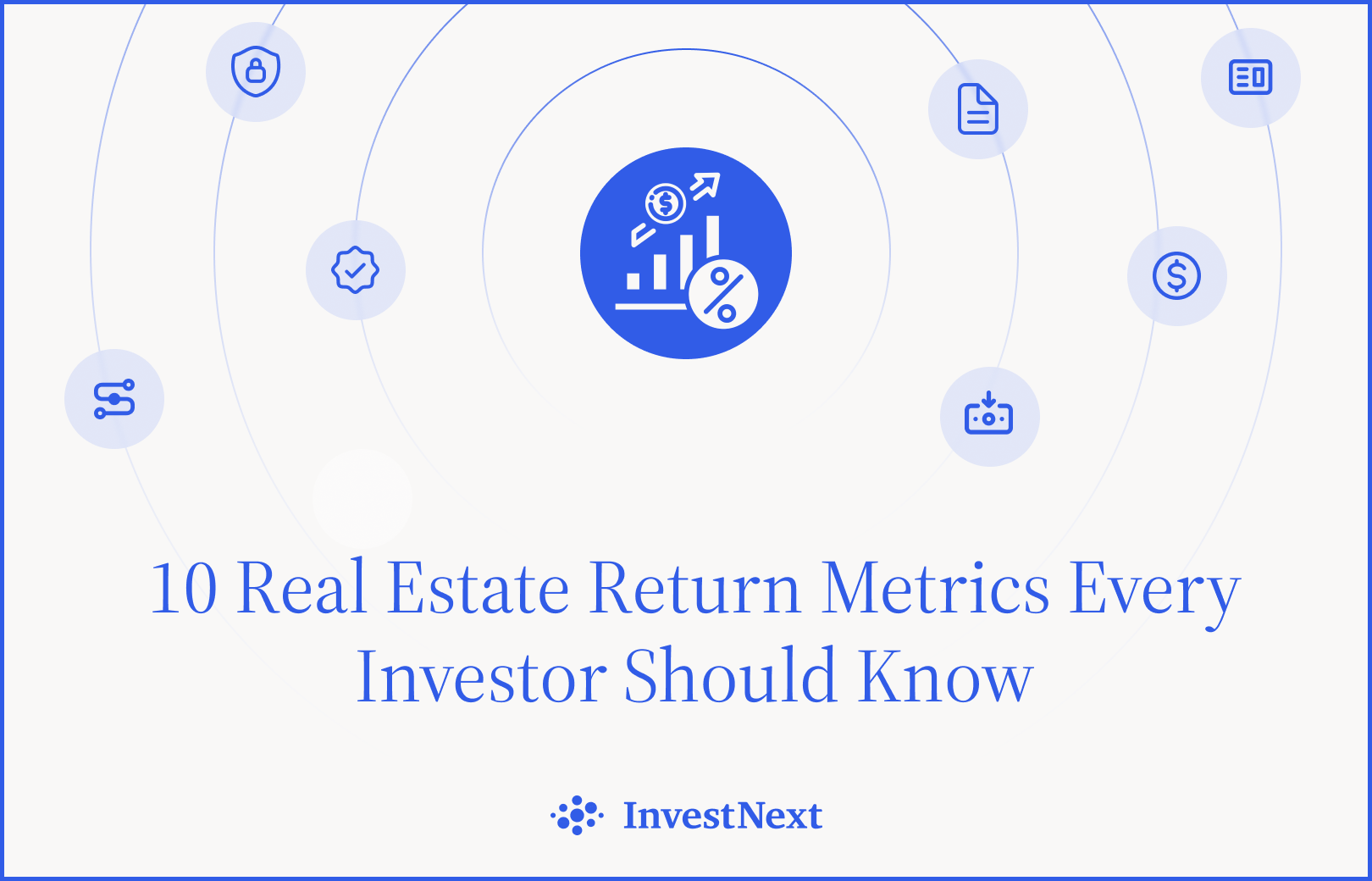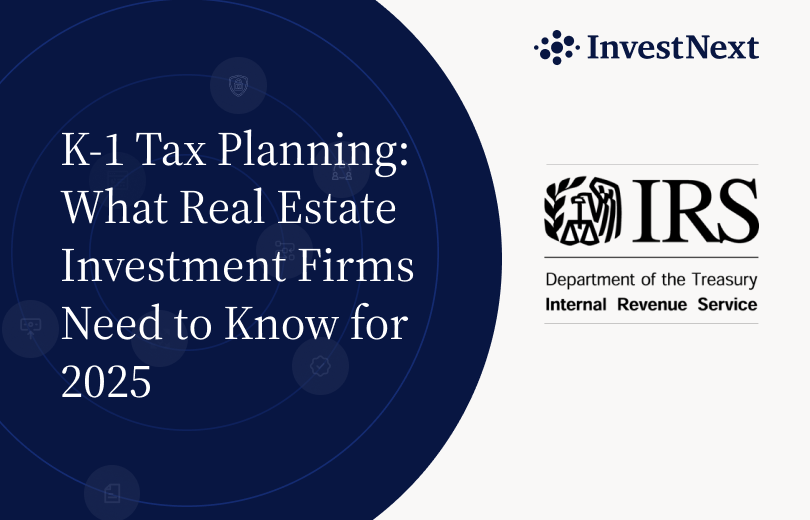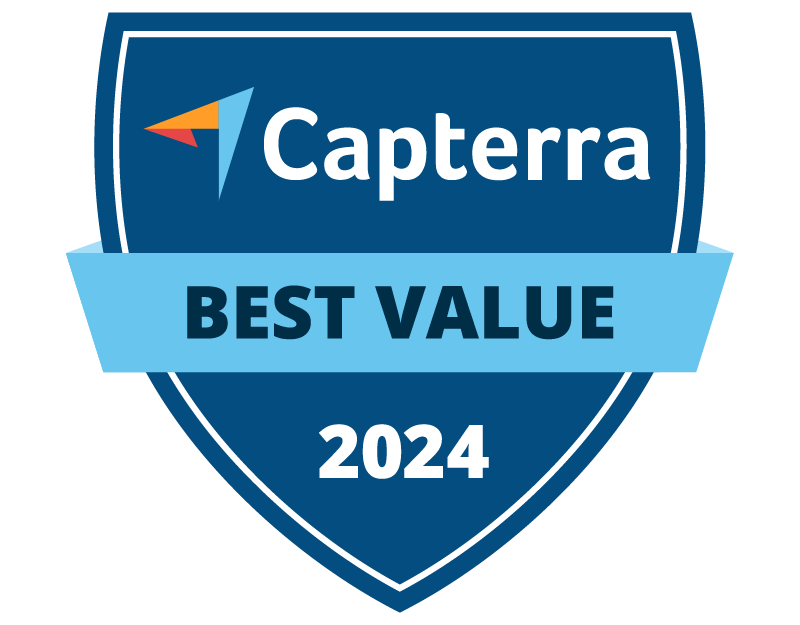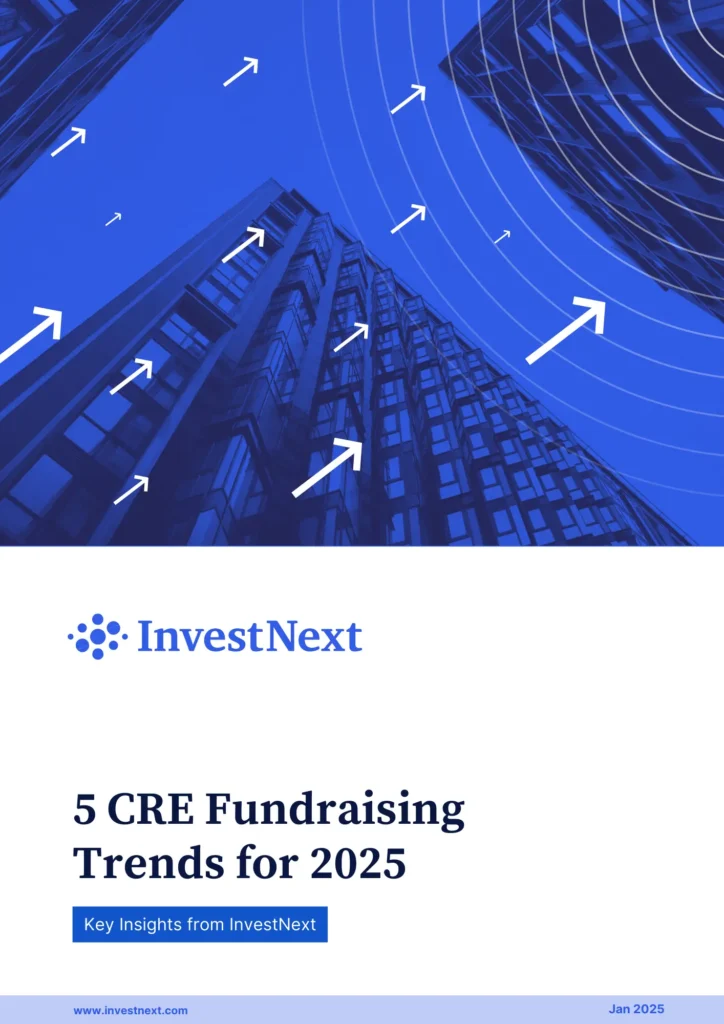Real estate debt funds have become one of the most important investment options in today’s ever-changing market environment. These specialized investment vehicles help investors gain exposure to real estate markets without directly owning property. The fluctuating interest rates have made real estate debt funds an attractive alternative that allows market participation while potentially generating steady returns.
As the industry has grown, our team has observed a significant shift in how real estate investment firms approach debt fund management. While these vehicles have long served as vital financing sources in commercial real estate, today’s market conditions and operational complexities create new challenges for fund managers.
Through our work with debt funds across the industry, we’ve seen firsthand how proper fund administration and technology infrastructure can significantly impact both efficiency and investor satisfaction.
Private real estate debt funds play multiple roles in the commercial real estate sector. They provide short-term capital through collateralized loans and bridge financing. Commercial real estate debt funds usually target specific property types or geographic regions. This approach lets investors vary their portfolios effectively.
What Are Real Estate Debt Funds?
A commercial real estate debt fund works as a specialized investment vehicle that lends money to real estate buyers, developers, and property owners. These funds combine private equity-backed capital to issue senior real estate collateralized loans. First mortgages or liens on the properties typically secure these loans. This structure allows investors to participate in real estate lending while they retain control of their senior position in the capital stack.
The current economic climate has made these funds more popular because they offer flexible financing solutions for all types of commercial real estate needs. The key types of financing include:
- Bridge loans for short-term capital requirements
- Construction loans for development projects
- Property rehabilitation loans for renovations and improvements
Real estate debt funds make money through interest payments, with rates starting at 9% or higher in today’s market. They also earn from origination fees, servicing charges, and exit fees. The Secured Overnight Financing Rate (SOFR) serves as the standard for loan pricing, which has replaced the traditional LIBOR rate.
These funds have become especially important in 2024’s digital world where traditional lenders stick to conservative lending practices. They typically give loans between $5 million and $150 million, filling a significant gap in the market for mid-sized commercial real estate financing needs.
This position makes them vital to the commercial real estate finance ecosystem, especially with sticky inflation and the Federal Reserve’s “higher for longer” interest rate stance.
How Real Estate Debt Funds Work
Private real estate debt funds combine investor capital with expert management to generate returns through commercial real estate lending. These funds’ managers assess potential borrowers using strict underwriting criteria. They look at property value, location, and the borrower’s creditworthiness.
The funds work with several key elements that set them apart:
- Their Loan-to-Value (LTV) ratios stay below traditional bank levels
- They reduce risk by using tranched funding for construction loans
- Investors receive monthly income distributions
- The team actively manages debt reserves
- Loans and property types remain diverse
Fund managers create multiple income streams with interest rates starting at 9% or higher in today’s market. They earn additional revenue from origination fees, servicing charges, and exit fees. The loan pricing structure often depends on the 30-day Secured Overnight Financing Rate (SOFR) plus spread.
Risk management is a vital part of fund operations. The managers use asset-based lending practices and require borrowers to keep substantial equity in their projects. Construction loan funds flow in phases as projects move forward.
This approach helps protect investor capital and gives borrowers the flexible financing solutions they need.
Banks have tightened their lending criteria in today’s market. These funds now target loans between $5 million and $150 million. This range serves borrowers who fall between traditional bank limits and larger institutional lending thresholds.
Advantages and Disadvantages for Investors
Investing in real estate debt funds comes with its own set of pros and cons that you need to think over. The market in 2024 has made some benefits more attractive and toned down a few drawbacks.
| Advantages | Disadvantages |
| Secured by real property | Fixed return ceiling |
| Monthly income streams | Prepayment possibilities |
| Shorter investment periods | Inflation impact risk |
The security aspect is one of the main benefits since loans are backed by mortgages or deeds of trust. Your investment gets solid protection through this collateral, and fund managers can usually recover investments even if borrowers default.
These funds give you steady monthly payments, which is another great feature. Right now, you can earn interest rates of 9% or higher, which beats what you’d get from regular fixed-income investments.
You should know about some drawbacks too. Real estate debt funds can’t give you unlimited returns like equity investments because they’re capped at set interest rates. There’s also a chance borrowers might pay back loans early, which can shake up your expected cash flow. That said, this extra liquidity might help your overall portfolio strategy.
Today’s economy has created perfect conditions for these investments. Banks have gotten stricter with their lending, and interest rates are up. This means more people just need alternative ways to get financing. Real estate debt funds have become more powerful players in commercial real estate financing as a result.
Comparing Real Estate Debt vs. Equity Investments
The main difference between debt and equity investments in ground real estate shows up in the investor’s position and what it all means for returns. Debt investors act as lenders in commercial real estate projects, while equity investors become shareholders who own the properties.
| Aspect | Debt Investment | Equity Investment |
| Role | Lender | Property Owner |
| Returns | Fixed (9%+ currently) | Unlimited Potential |
| Risk Level | Lower | Higher |
| Hold Period | 6 months – 3 years | 5-10 years |
| Payment Structure | Monthly Interest | Variable Cash Flow |
Real estate debt investments give investors more predictable returns through required contract payments. Equity investments’ returns depend on how well the property performs and whether the business plans succeed. The risk-return profile is different by a lot – debt investments protect the downside through collateral and payment priority. Equity investments can bring unlimited upside but carry more risk.
Time commitment is another vital difference between these investments. Commercial real estate debt funds target shorter-term investments, especially with bridge loans and construction financing that last six months to three years. Equity investments need longer holding periods of five to ten years because they rely on property appreciation and market cycles to maximize returns.
Modern Debt Fund Operations
The operational demands of debt fund management have evolved significantly with market complexity and investor expectations. Through our experience with fund managers across the industry, we’ve observed how technology and modern fund administration practices are transforming how these vehicles operate.
Complex Payment Management
Modern debt funds require sophisticated systems to handle various payment types and schedules:
- Interest payment processing and calculations
- Principal repayment tracking
- Fee management (origination, servicing, exit)
- Investor distribution calculations
- Waterfall structures for multiple investor classes
Success requires integrated systems that can automatically calculate, process, and distribute payments while maintaining accurate records for all transactions.
Document Management and Compliance
Debt funds face unique documentation challenges that require robust document management systems:
- Loan documentation and modifications
- Security agreements and UCC filings
- Borrower financial statements
- Property valuations and inspections
- Investor reporting packages
Modern platforms enable managers to organize, track, and distribute these documents efficiently while maintaining proper security and access controls.
Investor Relations and Reporting
Through sophisticated investor portals, today’s debt funds provide unprecedented transparency into:
- Individual loan performance
- Portfolio metrics and analytics
- Payment histories and projections
- Document access and distribution
- Investment performance reporting
This level of transparency helps build investor confidence while reducing administrative burden on fund managers.
Operational Integration
Successful debt fund management requires seamless integration between:
- Banking and payment systems
- Investor management platforms
- Accounting software
- Document management systems
- Compliance monitoring tools
Modern fund administration platforms enable managers to handle these complex requirements through unified systems that reduce manual work while improving accuracy and efficiency.
Conclusion
Real estate debt funds combine the safety of backed loans with great yield potential in today’s market. These funds give investors steady monthly returns that start at 9% and provide strong protection through first-lien positions and active risk management.
InvestNext’s platform streamlines debt fund management with tools designed for complex payment structures and investor reporting.
Our essential solutions support multiple promissory note classes, customizable interest rates, flexible maturity dates, and automated payment processing.
The platform handles everything from early pay-offs to roll-offs while maintaining clear audit trails and delivering automated summary statements that build trust and transparency.
Structured payments create reliable income for investors. Book a demo to see how InvestNext can help manage your debt fund. Our platform creates efficient operations and gives you better portfolio oversight.









